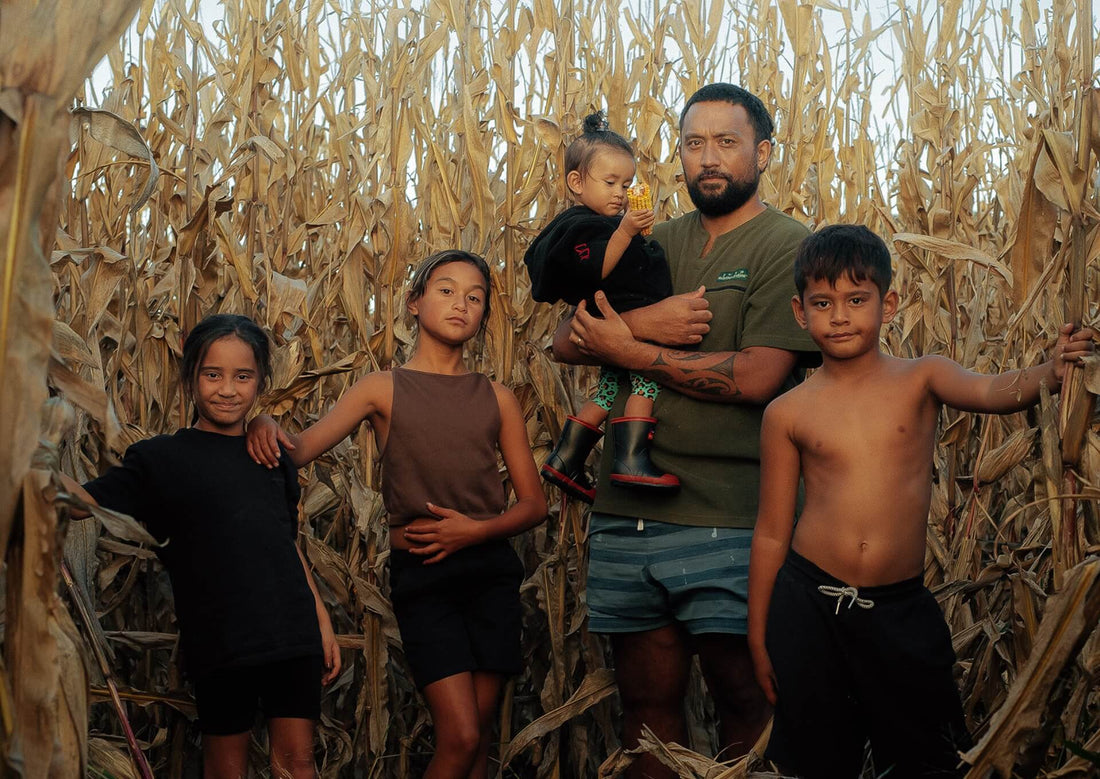Social Value is about understanding and measuring the impact of your work.
Five, even ten years ago, if you were a provider out in the communities, particularly a Māori provider, when you received a contract from a government agency or funder, what you had to report is how many staff you have, what are the actual activities you are undertaking, and what are the numbers of people you’re serving.
When we report on that; is it actually measuring the change that matters most to the people servicing our communities? You can talk about the great numbers and the great volumes, but did you actually make a change to that whānau you worked with? Was there an actual change in their behaviour? Was the programme actually delivered in a way that enabled them to have a lot of outcomes achieved?
So the question changed and the type of measurement changed, from being very much focused on inputs, activities and outputs to show the actual that matters for whānau in our communities. And that conversation is based on the methodology you hear a lot of now called Social Return on Investment.
This is a more direct look at what outcomes have changed as a result of the programmes. It’s unquestionably a useful accountability framework and we really acknowledge the announcement of the Social Investment Agency being set up for government agencies, because if this is the amount of money you invest in to deliver programmes to whānau in communities, what has changed for them on the ground as a result of your investment?
It’s an important question to ask because the majority of funding goes to other organisations, other entities who are non-Māori, delivering to Māori. And this is the next step in providing an accountability framework to move away from not just saying this is the numbers in Māori they work with, you should show what outcomes you have really achieved with whānau and the difference you have made.
We hear over and over again from community providers that outcomes are not being achieved with investments. So, now we will have an actual accountability framework in place to begin discussions about other Māori organisations currently out there better equipped who achieve outcomes for the same amount of money that are more significant.
I’m talking about outcomes that are entrenched with whānau through their relationships of trust that have been developed by the way the programmes are delivered by the people on the ground doing the work. That’s what it’s about. Build their confidence, see them move from crisis mode to stability; see them through from being stable to resilient; see them through from being resilient to being leaders.
This for us is a far better investment because over time you’re not just giving a hand out to whānau with the constant same business model, “Here’s the money, off you go”, you are actually building the capacity over time of whānau having programmes they own, so they can start to manage their own journey of change.
This model is not about other entities doing things to the communities that you are serving to demonstrate outcomes; this model is about investing directly in entities in communities on the ground that are actually anchored and wired and can do the change themselves.
Awerangi Tamihere
COO Whānau Ora Commissioning Agency


